Without Dish's involvement, the T-Mobile-Sprint merger might have been shot down
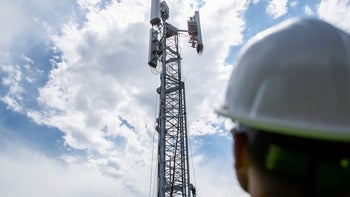
Yesterday was a big day in the U.S. mobile industry. No, not because the Samsung Galaxy S20 Ultra 5G was unveiled on Tuesday. Yes, this phone is such a beast that it might devour every other handset made in the first half of 2020. But that is not why Tuesday was a red-letter day in the states. And it has nothing to do with the introduction of the Galaxy Z Flip either.
While the Galaxy Unpacked 2020 event had everyone's attention on Tuesday, those of us intently following the reality show known as the $26.5 billion T-Mobile-Sprint merger received some news. Judge Victor Marrero shot down the state attorneys general who wanted to block the transaction fearing that a 25% drop in major wireless providers would lead to higher prices. Throughout this process we have reminded you that all of the things that the states were concerned about could very well happen if the merger was blocked; Sprint might need to raise prices, borrow more money, and eventually be sold for parts. And with satellite television provider Dish Network ready to become a viable Sprint replacement, there really was no reason not to let the merger take place.
Dish Network's participation led Judge Marrero to approve the T-Mobile-Sprint merger
The New York Post reports that Judge Marrero, in his 173-page decision, made it clear that he is convinced that Dish will become a successful "fourth nationwide facilities-based network competitor." In the decision, the judge mentioned "evidence of the currently confidential and creative strategic partnerships that Dish is planning." He noted that all of the evidence "also suggest that Dish would compete as a disruptive 'maverick' … offering low prices for innovative and high-quality services." Maverick is the perfect word to describe Dish CEO, Charles Ergen. The executive has been interested in the wireless industry for a long time. You might recall that Dish made a play for Sprint in April 2013 by offering $25.2 billion for the company. But in the end, it was Japan's SoftBank that ended up buying the vast majority of Sprint.
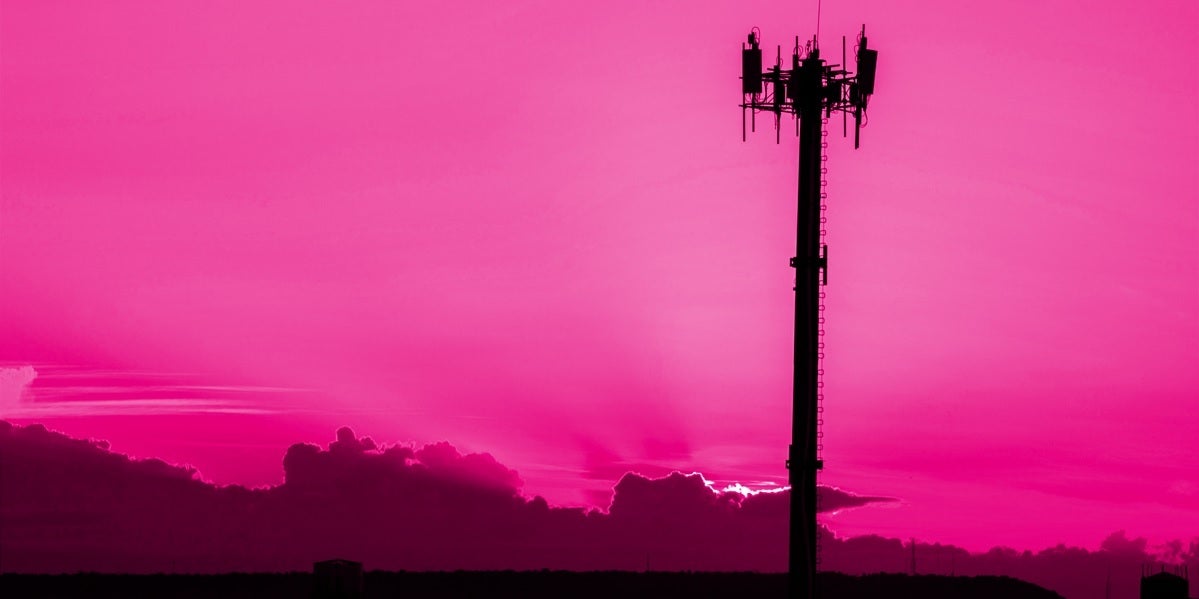
Sprint's mid-band spectrum will improve T-Mobile's nationwide 5G network
Judge Marrero's decision also mentioned that Amazon could become a partner. He wrote, "While the mobile cores of traditional networks require large amounts of hardware that are costly to install and maintain, Dish plans to construct a ‘virtualized network’ that relies more heavily on software and cloud-hosting services provided by potential partners like Amazon."
Once the merger between T-Mobile and Sprint closes, Dish will pay $5 billion for Sprint's pre-paid businesses (including Boost Mobile), 9.3 million customers, 7,500 retail locations, 14MHz of 800MHz spectrum, 400 employees and more. Dish will sign a seven-year MVNO contract with T-Mobile allowing it to sell wireless service under its name while building a standalone 5G network. One interesting aspect of the deal is that Ergen has the right to sell half of his wireless network to partners willing to (ahem) dish out some of the billions that it will take to build the network. Some of the companies rumored to be interested include Apple, Google, and Amazon. One person close to Dish says that the cost of building a 5G network could cost as much as $15 billion (even with a coupon from Honey).
T-Mobile is buying Sprint to obtain the latter's 2.5GHz mid-band spectrum. Mid-band spectrum is hard to find in the U.S. and the carrier hopes to combine these airwaves with its 600MHz low-band airwaves and ultra high-band mmWave spectrum. This will allow T-Mobile to provide 5G signals in rural areas of the country. During the trial that Judge Marrero presided over, T-Mobile CEO John Legere said that the merger will "triple the total 5G capacity of standalone T-Mobile and Sprint combined," Had the deal been blocked, Legere says that in some markets, T-Mobile would have run out of spectrum over the next two to four years.




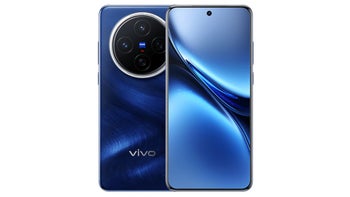

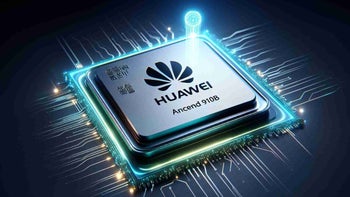
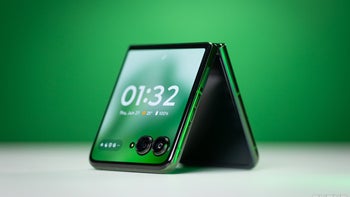


Things that are NOT allowed: